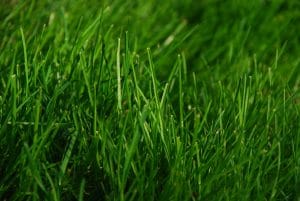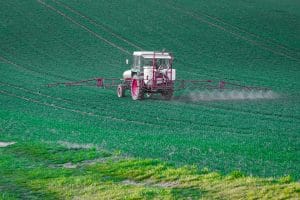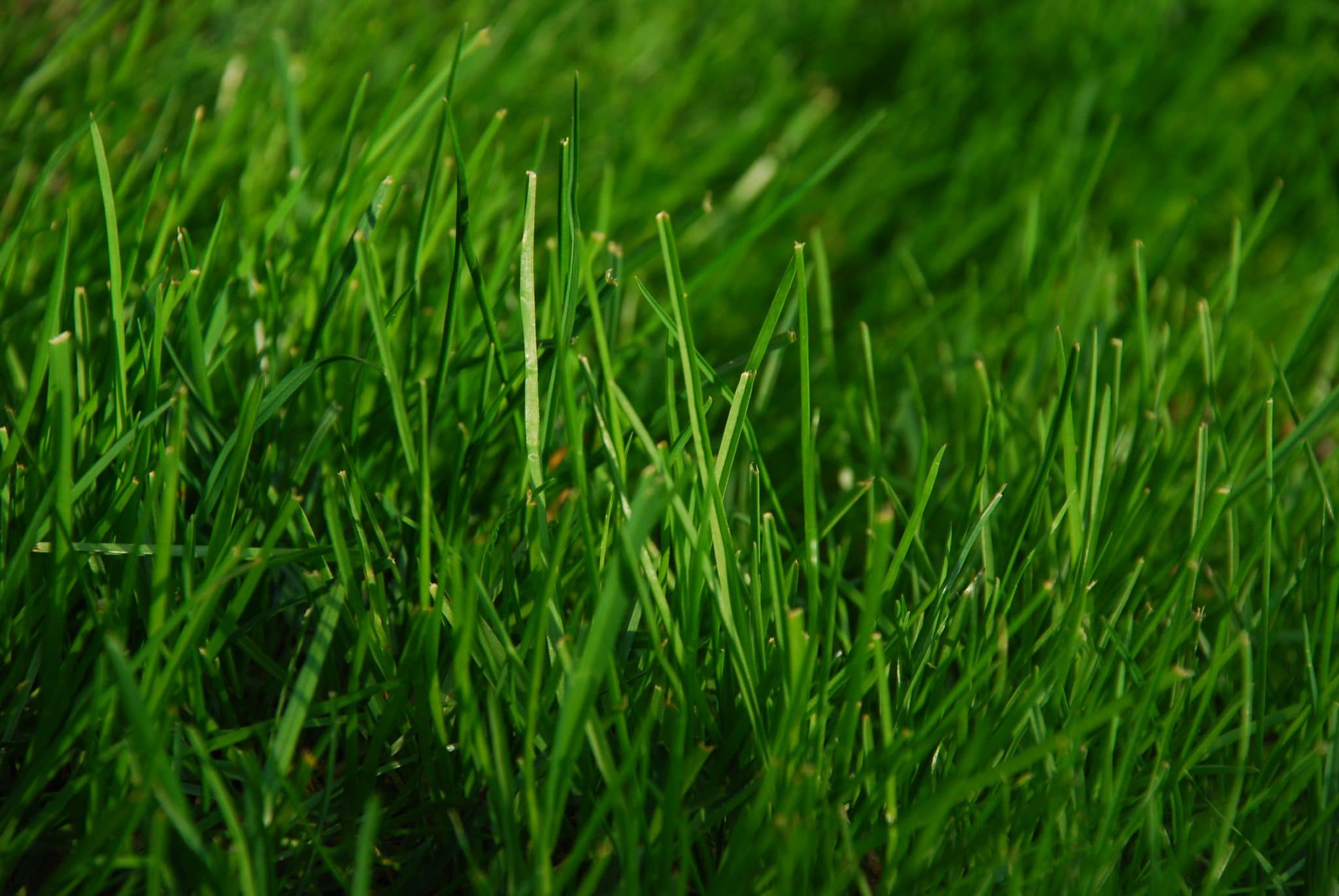The Impact of Pesticides on Grass Seeds
Can pesticides on insecticides kills grass seeds? It is without a doubt that pesticides can kill grass seeds. According to Jenny Green (2018), when used on an extreme measure, insecticides can ruin the chances of seed germination.
Keeping your lawn grass healthy and attractive at the same time may be a dreaded thought if you have bugs around. Insects could be a deadly threat to your grass seeds, making you need potentially dangerous insecticides that will kill both the bugs and your grass seeds.
While it can be tricky ground to maneuver, the tip to outsmart this dilemma is to purchase bug killers that have minimal effects.
Tips for Seeding after Using Pesticides
You can sow grass seeds as early as a day after applying specific pesticides like glyphosate that have nonlethal threats to small plants and seeds. Note that certain herbicides like diquat and dinoseb have active chemical compounds that can harm several sprouting plants like grass and seed.

Others have little effect, and it all varies with the active elements. The difference between these two categories of pesticides is defined by the waiting period.
For example, when using glyphosate, you can sow after as early as a day after or a maximum of a week to be safe. However, when using other stronger insecticides, experts recommend that you wait longer; a minimum of 3 months.
Furthermore, evidence from peer-reviewed sources proves that glyphosate leaves no active residue in the soil (Green, 2018). After a day or two of glyphosate application, the absorption is a non-threat to the germination of grass seeds. After a maximum of 7 days, you can sow any other flowers and plants of your choice.

Pre-emergence insecticides can prevent grass seeds from sprouting. Unlike glyphosate, pre-emergence killers never leave the soil until after long periods of decomposition. According to Green (2018), it is not safe to sow grass seeds, or any other plant seeds for that matter, shortly after using pre-emergence weed killers.
Here are a few tips to consider before seeding soon after applying pesticides:
Pest Identification
To ensure that you sow grass seeds early after you spray bug killers, it is recommended to understand the specific infestation species. This way, you can go for a precise bug killer that poses no harm to your grass. The best way to determine what bugs threaten your healthy lawn is by taking a 1 square yard test.
Cautious Pesticides Application
Ensure to follow the guidelines ideally and to adhere to each caution. Appreciate the value of comprehending the difference between short grass and long grass and compare the requirements with the active elements of each pesticide (Raine, 2019). Doing this helps you estimate the time that the soil requires to decompose active chemicals and be ready for reseeding.
Most importantly, when applying the herbicides, be wary to observe all health cautions, correct amounts and period of application.
Go for Environment Friendliness
Keep in mind the fact that you do not need pesticides, herbicides and insecticides to keep your grass healthy. You can use simple soil recycling techniques like over-seeding and dethatching. According to peer-reviewed sources, fiery skippers, white grubs and webworms are among the several insects that these environment-friendly techniques can solve (Raine, 2019).
Maintain Grass Seeds Health
As soon as you put the seeds in, water the soil to a depth of 2 inches. Keep watering until the final 8 inches are all wet then wait for the soil to dry before using fertilizers. In a year, fertilize your soil 3-4 times.
How Soon to Reseed after Killing Grubs Using Pesticides
In the previous section of this study, it has come out evidently that you can reseed after a day of using less active pesticides or herbicide. Conversely, you may need to wait a maximum of a week after using slightly stronger chemicals. This is because decomposition takes longer to be effective, especially in the presence of possibly deadly chemicals.
Both Raine (2019) and Green (2018) believe that reseeding soon after using pesticides is possible with pesticides that have less active chemical compounds; for example, glyphosate.
Very vital, keep in mind that insects like grubs and armyworms could be eliminated using natural means. This means that applying herbicides or any other bug killers should be the last option on your checklist.
Here are some useful tips on how to plant grass seed:
Reseeding after Using Pesticides
Certain bug killers have potentially damaging chemicals that threaten the lives of sprouting plants like flowers, grass seeds, and other yard organisms. Less active components like glyphosate have minimal effect on both the soil and the grass seeds because they do not take time to leave the soil.
Contrary, there are other pesticides that have long-lasting scorching chemicals. These ones take too long to decompose. The independent variable here is that germination can occur after using bug killers. However, you need to understand the chemical composition of the previously used pesticides to decide how long you have to wait before reseeding.
Safe Pesticides for Grass Seed
You can try to go for an organic approach to growing your lawn. Check out this video below for some tips. Also, after the video, there are some suggestions and natural alternatives that you can use for your lawn.
Neem Oil
Neem oil concentrate is safe for your grass seed as it is extracted from the neem tree. Its harmless nature makes it useful for not only grass seeds but also indoor usage. Neem oil concentrate interferes with the biological reproductive systems of pests but is safe for grass seeds, pets, and human beings (Usharani, 2019). For proper use, one should mix the 16-ounce bottle of pesticide with warm soapy water.
Chile Pepper Pesticide Spray
Chile pepper spray is a homemade pesticide, safe for grass seeds. You can make the spray by using chile pepper powder or fresh hot pepper. To do this using the powder, mix one tablespoon of chile pepper powder with water and mild liquid soap.
Suppose you are using fresh chile peppers, take a few pieces and blend with one cup of water then boil the mixture. Let the boiled mixture cool and add a few drops of liquid soap. The chile pepper spray is so friendly on grass seeds and herbs that you can use it full-strength on the affected plants.
Diatomaceous Earth Pesticide
This is one of the most recommended pesticides by gardeners. Diatomaceous Earth is derived from sedimentary rock, created by diatoms. The pesticide works by absorbing lipids from the exoskeleton of pests. In short, it has abrasive qualities. Shortly after spraying, the pests dehydrate to death.
The pesticide comes in powder form and is harmless to grass seeds. If you want to use it on your lawn, dust the ground or sprinkle the powder on the plants. A point to note is that you need to reapply diatomaceous after every rain due to its dried nature.
Oil Spray Pesticide
The oil spray pesticide is also a natural remedy with safe properties. It is derived from mixing vegetable oil and mild soap. To come up with the solution, mix one cup of vegetable oil, water, and two tablespoons of liquid soap.
Before use, shake the mixture thoroughly for even distribution. Spray the pesticides directly on the lawn. The oil’s purpose is coating the bodies of pests, thus suffocating them to death.
Too much Insecticide on Lawn – What to Do
Using excess pesticide on a lawn is a common mistake. However, this can be corrected by using a pesticide neutralizer. The neutralizers come at different prices, depending on the type you intend to use. Typically, they work like bleach, washing away excess pesticides.
An alternative method is using sawdust. Add sawdust to the soil. This will soak up excess chemicals. If you used powder pesticides, run water through the grass to wash off the excess pesticide from the surface of the plants.
Do Grubs Eat Grass Seeds?
Grubs are immature forms of insects, especially beetles. The larvae are white in color and c-shaped. Grubs are threats to the grass lawn, and they can destroy grass seeds. Common signs of grub invasion include brown patches on the grass and dead plants. If you pull out the grass, you may notice that it has no roots. Fortunately, there are solutions to get rid of grubs on your lawn.
Water in Pesticides after Application
Some pesticides never reach beneath the plants. That is why grubs hiding in the soil begin destroying your lawn after some time. Therefore, use water to push the pesticides in the soil. This will kill the developing grubs. If not, the water will encourage the water-loving grubs to move closer to or on the surface. That way, it will be easier to spot and kill them.
Pay Attention to Nearby Lawns
You have to keep an eye on your neighbors’ lawns. If one of them has grub infestation, the high chances are that the pests will migrate to your yard in search of sufficient food and water. Therefore, alert your neighbors if you notice grubs on their yards and help them with treatment procedures if possible.
Dethatch Your Lawn
Thatch protects grub from pesticides. Therefore, you have to dethatch your lawn if necessary. This should be several times a year. The best time to dethatch is when the thatch is more than one inch. There are many ways of doing this. You can use a manual dethatching rake. It is a heavy short-tined rake with curved blades.
The manual dethatching rakes are suitable for light thatch. You can also use power rakes, which are mower-like machines with rotating rake-like tines. Apart from that, you can employ a verticutter, which slice down through the thatch and into the soil.
Use Grub Control Pesticides
There are numerous pesticides labeled grub control. However, you have to be keen not to select one that is poisonous to your grass. Grub control pesticides contain an ingredient known as Dylox or Carbaryl which poisons grubs (Kumbhar et al., 2019).
References
- Green, J. (2018). How long after using weed killer can you sow seeds? SFGATE. Retrieved from (source)
- Kumbhar, R. A., Mohite, P. B., & Baral, S. B. (2019). Bioefficacy of various formulations of biopesticides against white grub, Leucopholis Lepidoptera infesting sugarcane under field condition.
- Usharani, K. V., & RL, D. N. M. (2019). Neem as an organic plant protectant in agriculture. Journal of Pharmacognosy and Phytochemistry, 8(3), 4176-4184.
- Raine, R. (2019). Should I reseed my yard after using a bug killer? SFGATE. Retrieved from (source)
